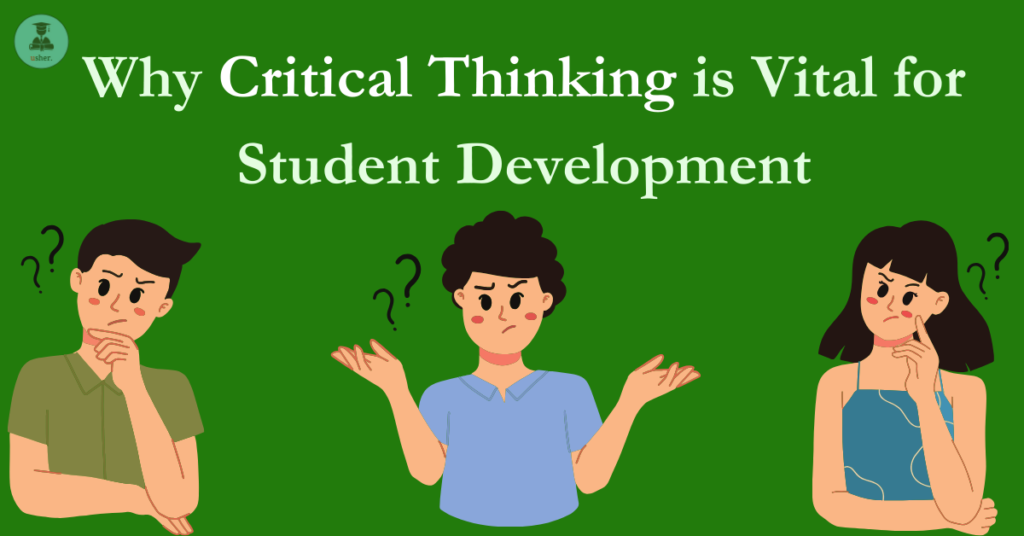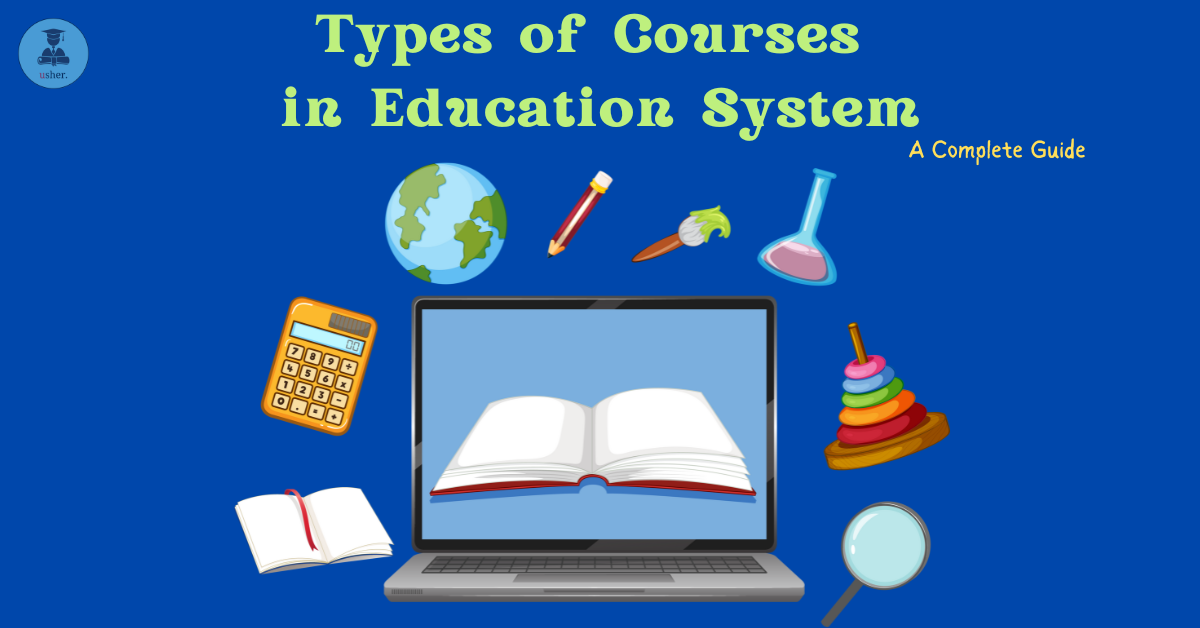"We can't solve problems by using the same kind of thinking we used when we created them."
- Albert Einstien
Critical thinking and problem-solving skills are essential for students because they enable them to approach challenges from different perspectives and come up with innovative solutions. These skills empower students to think critically, analyse information, and make informed decisions, preparing them for success in their academic and professional lives. Additionally, critical thinking and problem solving foster creativity, curiosity, and adaptability, which are crucial qualities in an ever-changing world.
What is Critical Thinking?
Critical thinking is a cognitive process and intellectual discipline that involves analysing, evaluating, and synthesizing information and ideas in order to generate sound conclusions or decisions. It is a mode of thinking that involves questioning, evaluating, and employing logical reasoning to comprehend and solve problems rather than simply taking information in its entirety.
As for students, critical thinking is a crucial skill that forms the foundation of their academic success and prepares them for future challenges in life.
Key steps to perform critical thinking
1. Identifying the Problem
The first stage is to recognize and precisely define the issue or challenge that needs to be solved. This entails comprehending the background, evaluating many points of view, and appropriately articulating the situation.
2. Analysing Information
It is critical to examine facts, evidence, or information relating to the situation. This entails identifying important details, numbers, and sources, as well as structuring the data.
3. Assessing Assumptions
Recognizing and assessing underlying assumptions or beliefs that may influence one’s viewpoint on the topic. Critical thinkers challenge assumptions and explore how they impact analysis. Evidence Evaluation:
4. Evaluating Evidence
Evaluating the quality and credibility of available evidence to support statements or conclusions. Critical thinkers assess if the evidence is trustworthy, relevant, and adequate for the analysis.
5. Recognizing Biases and Perspectives
Being conscious of any personal biases, assumptions, or prior notions that may influence one’s decision-making. Critical thinkers seek to see the situation from numerous angles, taking into account various points of view and potential biases.
6. Considering Implications and Consequences
Thinking about the potential outcomes and consequences of different decisions or solutions. Critical thinkers anticipate the effects of their actions and choices on various stakeholders and circumstances.
7. Generating Alternatives
Brainstorming and developing several potential solutions or approaches to the problem. Critical thinkers investigate many ideas and assess their strengths and shortcomings.
8. Synthesizing Information
Bringing together and integrating several pieces of information and ideas to generate a thorough knowledge or perspective. Critical thinkers attempt to offer a rational and cohesive explanation of the problem.
9. Making Informed Decisions
Making well-reasoned conclusions or recommendations based on the examined information, evaluated evidence, and synthesized understanding. This involves choosing the most effective and viable option based on the analysis.
10. Communicating Clearly
Expressing thoughts, ideas, and decisions in a clear, precise, and organized manner. Effective communication ensures that others understand the rationale behind the decisions and can provide valuable feedback.
11. Reflecting and Self-Assessing
Reflecting on the thinking process, outcomes, and experiences to identify areas for improvement. Critical thinkers continuously evaluate and refine their thinking skills.
How can critical thinking skills help students?
Critical thinking and problem-solving are essential skills for students to develop and master because they equip individuals with the ability to analyse, evaluate, and generate solutions to complex problems. These skills are fundamental for success in both academic and real-world settings. Here are several reasons why critical thinking and problem-solving are crucial for students:
Enhanced Learning and Understanding
Critical thinking encourages students to engage with the material actively, question assumptions, evaluate evidence, and analyze concepts. This active engagement leads to a deeper understanding of the subject matter.
Improved Decision-Making
Critical thinking and problem-solving help students assess various options, evaluate the pros and cons, and make informed decisions. This skill is invaluable in academic assignments, career choices, and everyday life.
Problem-Solving Skills
Students equipped with strong problem-solving skills can identify, define, and develop effective solutions to problems. This ability is vital in academia, careers, and personal life.
Adaptability and Flexibility
Developing critical thinking and problem-solving skills prepares students to adapt to new situations, technologies, and changes in the environment. They become more flexible and open-minded when faced with challenges.
Innovation and Creativity
Critical thinking fosters creativity and innovation by encouraging students to think outside the box, explore unconventional ideas, and find novel solutions to problems. This is essential for advancements in various fields.
Effective Communication
Critical thinking helps students organize their thoughts and express their ideas coherently and persuasively. They learn to communicate their viewpoints effectively, fostering productive discussions and collaboration.
Conflict Resolution
Students with strong critical thinking and problem-solving skills can approach conflicts in a rational and constructive manner. They can identify the root causes of conflicts and work towards finding mutually acceptable resolutions.
Life Skills
These skills are transferable and applicable to various aspects of life, including personal relationships, financial decisions, healthcare choices, and civic engagement. Students equipped with critical thinking and problem-solving skills are better prepared for the complexities of adult life.
Employability
Employers highly value critical thinking and problem-solving skills when hiring candidates. These skills demonstrate an individual’s ability to analyze situations, think critically, and contribute effectively to organizational success.
Global Citizenship
In an interconnected world, critical thinking helps students understand diverse perspectives, cultures, and global issues. It fosters empathy, tolerance, and a broader worldview, enabling students to engage as responsible global citizens.
Incorporating critical thinking and problem-solving into educational curricula ensures that students are equipped with the necessary tools to navigate an increasingly complex and dynamic world. These skills empower them to succeed academically, professionally, and personally while making meaningful contributions to society.
All the Best!




